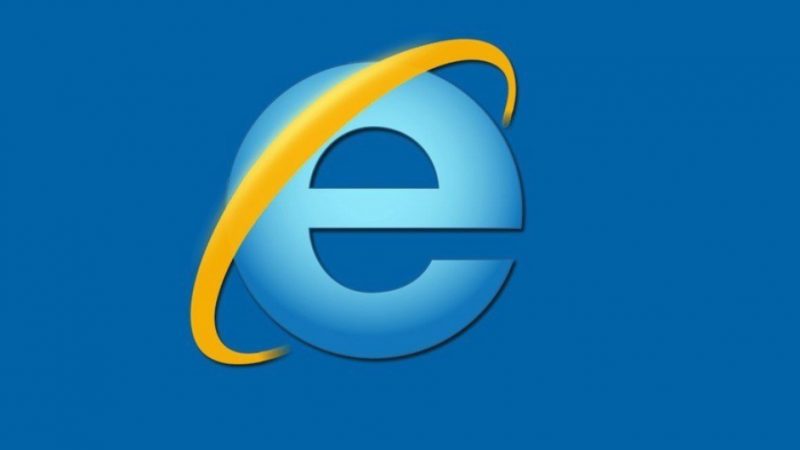Taking the Big Leap: How AI Marketing Tools Can Benefit SMEs and Start-ups
Use of Technology: Quantity or Quality?
Rajat Ojha believes it is the use of technology that matters more than what you are using. Social media usage for brands and companies will have to be more meaningful and not just mindless posting with little engagement. There has to be more stories to tell and tell them creatively. For example, Netflix’s Instagram page is a delight. They are promoting their content, but every post has a theme, message, meme, joke, or some takeaway. SMEs and smaller brands can draw from these pages. Another aspect of digital marketing is to test multiple platforms and channels and look for innovative means. Are banners working? Will a WhatsApp burst work? AI and programmatic advertising will give the numbers, but the creative aspect has to be cultivated. Marketing is as much an art as it is a science; one has to learn on the job.
Hareesh Tibrewala talks about how size is not the issue for companies but how they are using their digital services. He sees a huge disparity in the usage of digital marketing in the MSME sector. He has seen small 20-member companies do a fabulous job, and he has seen larger 100-crore businesses having no clue about the potential of digital. So, it does not really seem to be a “size” issue; it is the vision of the management that determines the digital maturity of the organization.
Small and medium-sized enterprises (SMEs) can benefit greatly from incorporating technology into their marketing efforts. According to Vyom Shah, founder of Foodism, affordability is not a hindrance anymore as everything is available on the internet, and SMEs can leverage AI-powered tools to streamline their marketing efforts, reach new customers, and better understand the impact of their marketing activities.
However, Neeraj Bassi, Chief Growth Officer at Cheil India, cautions that what SMEs do with the tool is more important than the tool itself. He advises SMEs to focus on analyzing inputs received from the tool and creating a plan for action in the market to achieve growth and success.
Birma Ram, the founder of BabyG, suggests various marketing technology tools that SMEs can utilize to enhance their marketing efforts. These tools include social media management, email marketing software, content marketing tools, search engine optimization tools, customer relationship management systems, and marketing automation platforms.
Shashank Rathore, Vice President of E-commerce at Interactive Avenues, also recommends various tools that SMEs can use, such as landing pages and form builders and e-commerce platforms, to effectively sell their products and services online.
Rajat Ojha emphasizes that SMEs should not fear the cost of incorporating technology into their marketing efforts. Instead, they should view it as an investment and develop an appetite for exploring new use cases that can be cost-effective.
In conclusion, the incorporation of technology into marketing efforts can greatly benefit SMEs in achieving growth and success. However, it is essential to focus on analyzing inputs and creating a plan of action to achieve desired outcomes. SMEs should not fear the cost and should view it as an investment in their business.
<< Previous








